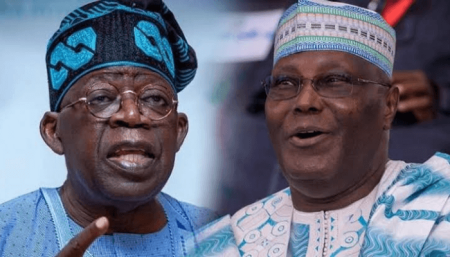20 October 2014 – Central Bank of Nigeria, CBN, Governor Godwin Emefiele has said the Federal Government received foreign direct investments worth $67 billion in four years ending 2013.
The apex bank boss, who spoke at the weekend, said Nigeria’s foreign exchange reserves, which stand at $39.5 billion, can withstand nine months import cover, against three months regarded as norms internationally.
 He spoke at the 2014 chartered Institute of Bankers of Nigeria (CIBN) Investiture. The apex bank boss said the regulator would take steps that will make Nigeria withstand the oil price shocks ravaging world economies.
He spoke at the 2014 chartered Institute of Bankers of Nigeria (CIBN) Investiture. The apex bank boss said the regulator would take steps that will make Nigeria withstand the oil price shocks ravaging world economies.
Emefiele, who was conferred with the Honorary Fellowship of the CIBN said the apex bank’s microeconomic reforms led to increased foreign direct investments.
The CBN boss, who spoke on the theme: “Making Nigeria a major destination for foreign direct investment”, said the CBN is also creating policies that create macro-economic stability and growth, adding that price stability will remain a Monetary Policy Committee (MPC) role in short and medium term.
He said despite pressures of speculative behaviours in the forex market, the CBN would continue to intervene where necessary to stabilise the naira.
“We will maintain healthy external reserves position. We expect the naira to remain strong going forward,” he said.
Emefiele said that the CBN would have zero tolerance for policies that undermine financial sector stability.
He advised bankers to be honest and exhibit highest level of ethics in the course of their duties. “ We want sound corporate governance and professional ethics,” he said.
Analyses of the reserves based on data from the CBN showed that reserves were at $39.65 billion on August 25 and $38.4 billion on July 17. The rate of accretions to the reserves has been marginal but consistent since the CBN reviewed the bureau de change (BDC) policy guidelines.
The reserves were at $37.23 billion on June 25; $37.26 billion on June 26 and $37.31 billion on June 27. The reserves also rose to $37.54 billion on July 1 and continued the upbeat till the current position.
Further analysis showed that before the upbeat, the reserves had maintained a steady decline after closing last year at $42.85 billion.
The year-end figure represented a decrease of $0.98 billion or 2.23 per cent against $43.83 billion at end-December 2012. The reserves dropped to $38.79 billion as at March 12. Analysts said the reserves declined as imports of fuel and foods soared.
But the CBN said the decrease was driven largely by the increased funding of the foreign exchange market in the face of intense pressure on the naira and the need to maintain stability. The CBN said the pressure on external reserves was deemed to be consistent with the seasonal annual payment of dividends to foreign investors.
*The Nation



